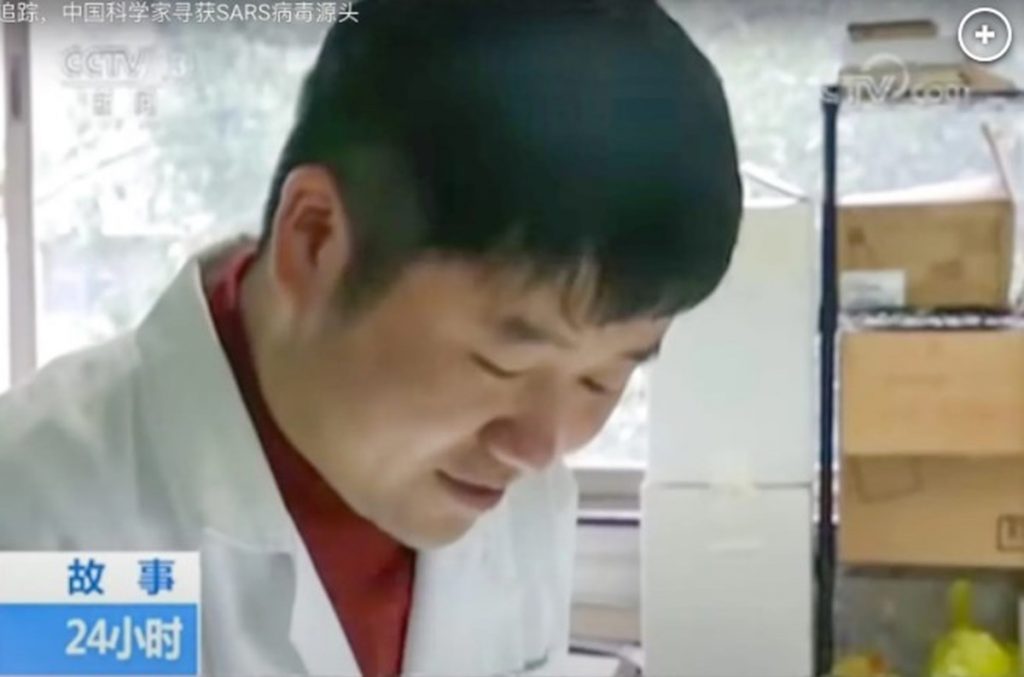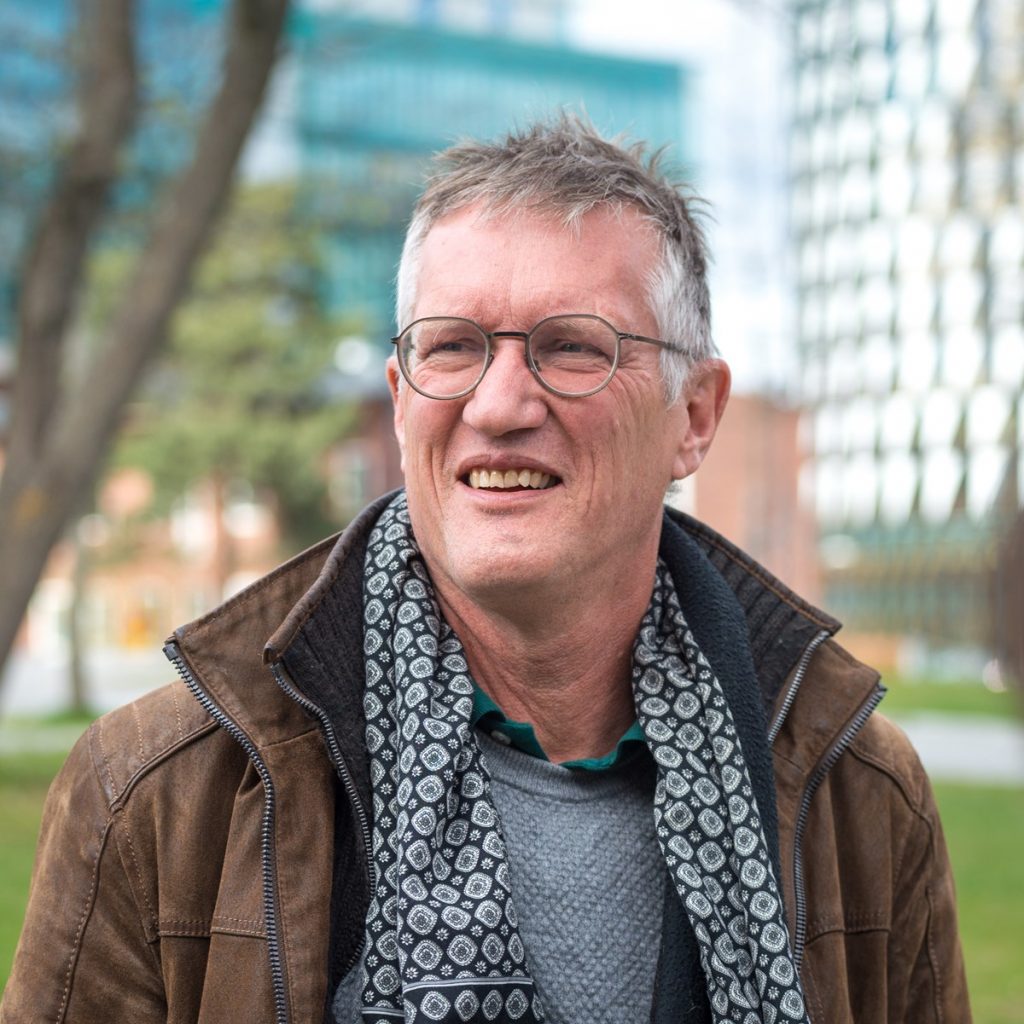In June, The New York Times ran an exposé detailing the tragedy that we may never know the origins of COVID-19.
“For three years, the U.S. government has been tied in knots over the origins of the coronavirus pandemic, frustrated that China’s hindrance of investigations and unwillingness to look critically at its own research have obscured what intelligence agencies can learn about whether the virus escaped from a lab,” reported Julian Barnes. “Inquiries during the Trump and Biden administrations have yielded no definitive answers.”
That the conversation on the origins of the virus is shifting from “preponderance of evidence” to “definitive answers” is itself evidence that we may be closer to answering the mystery of COVID’s origins than many realize.
Patient Zero?
In November 2019, three lab researchers from the Wuhan Institute of Virology in China became severely ill, according to a U.S. intelligence report obtained by the Wall Street Journal in 2021. The researchers, whose identities were not disclosed, became so sick they were hospitalized, the report stated. The timing of the event is noteworthy. The three lab workers, the Journal noted, were hospitalized in November 2019, “roughly when many epidemiologists and virologists believe SARS-CoV-2, the virus behind the pandemic, first began circulating around the central Chinese city of Wuhan.”
Two years later, the identities of the three lab workers allegedly hospitalized were revealed. US government sources identified the three lab researchers as Ben Hu, Yu Ping, and Yan Zhu, according to recent reporting from Michael Shellenberger, Matt Taibbi, and Alex Gutentag in Public.
The Atlantic noted the “extraordinary” nature of the findings, if true.
“These proposed patient SARS-CoV-zeroes aren’t merely employees of the virology institute; they’re central figures in the very sort of research that lab-leak investigators have been scrutinizing since the start of the pandemic,” writes Daniel Engber. “Their names appear on crucial papers related to the discovery of new, SARS-related coronaviruses in bats, and subsequent experimentation on those viruses.”
Hu’s name is especially important. The man many are dubbing “patient zero” didn’t just work at the Wuhan Institute of Virology. According to documents published by the White Coat Waste Project obtained via a FOIA request, Hu was receiving US grant money to perform gain-of-function research on coronaviruses.
“The funding came in three grants totaling $41 million, doled out by USAID and the National Institute of Allergy and Infectious Diseases, or NIAID, the agency then headed by Dr. Anthony Fauci,” the Intercept reports. “Hu is listed as an investigator on the grants.”
Pretty Specific Symptoms
These are not the only important details that have many suspecting Hu is “patient zero.” There’s also the fact that he was a top lieutenant of Shi Zhengli, a scientist literally named “batwoman” for her extensive research on viruses taken from bats in caves. And then there’s the fact that unreleased intelligence reportedly says the sick lab workers lost their sense of smell—one of the telltale signs of COVID.
“That doesn’t medically prove that they had COVID but that’s some pretty specific symptoms,” Josh Rogin of the Washington Post noted in an interview with Bari Weiss.
Finally, as Science notes, Hu is an “appealing suspect” because he “was a lead author on a 2017 paper in PLOS Pathogens describing an experiment that created chimeric viruses by combining genes for surface proteins from bat coronaviruses that would not grow in cultures with the genome of one that did. This paper has received intense scrutiny because it was partially funded by the U.S. National Institutes of Health (NIH) … .”
None of this is a “definitive answer,” of course. And Hu claims the entire story is “fake news.”
“The recent news about so-called ‘patient zero’ in WIV are absolutely rumors and ridiculous,” Hu wrote in an email to Science. “In autumn 2019, I was neither sick nor had any symptoms related to COVID-19.”
That Hu would deny involvement in the incident is hardly surprising.
“Denials of culpability and dismissals of evidence by a likely culpable person cannot be taken at face value,” said Rutgers Professor Richard H. Ebright, a molecular biologist.
The Smoking Gun?
That those responsible for the deadliest pandemic in a century would not wish to take responsibility for it should not surprise us. And I’m not just talking about Ben Hu.
There’s little reason to believe the Chinese government would be forthcoming if their investigation determined they were responsible for COVID-19. Similarly, there’s little reason to believe the US government, which was funding China’s coronavirus research, would be eager to get to the truth either.
Let’s not forget there was a serious effort by the US government to prevent Americans from even openly speculating about the lab-leak theory. In February 2021, almost certainly at the behest of federal agencies, which were working with social media platforms to combat COVID “misinformation,” Facebook announced it would remove posts that suggested “COVID-19 is man-made or manufactured.” Months later, after it became widely accepted that the lab-leak theory was not “a crackpot idea” after all, Facebook was forced to backtrack.
Today many agencies within the federal government itself concede that the lab-leak theory isn’t just possible, but the most likely cause of COVID.
“The Department of Energy and the Federal Bureau of Investigation assess that a laboratory-associated incident was the most likely cause of the first human infection with SARS-CoV-2,” a report from the Office of the Director of National Intelligence found.
Indeed, a preponderance of evidence is emerging that points to the Wuhan lab, and Hu may turn out to be the key.
“It’s a game changer if it can be proven that Hu got sick with COVID-19 before anyone else,” Jamie Metzl, a former member of the World Health Organization expert advisory committee on human genome editing told Public. “That would be the ‘smoking gun.’ Hu was the lead hands-on researcher in Shi’s lab.”
Dizzy With Success
That the deadliest pandemic in a century might have been triggered by scientists pursuing risky genetic research in pursuit of a “greater good” should not surprise us.
“Many of the most monstrous deeds in human history have been perpetrated in the name of doing good—in pursuit of some ‘noble’ goal,” the philosopher Leonard Read once observed.
Nor should it surprise us if it’s found that the Chinese government (with help from the US) was responsible. Governments have been responsible for the worst atrocities in history, usually while using collective force to advance utopia. This includes famous genocides like the Holocaust, the Holdomor, and Mao’s Great Leap Forward, but also eugenics policies that forcibly sterilized tens of thousands of Americans to create a “purer race.”
A half-century ago, F.A. Hayek warned about humanity becoming essentially drunk—“dizzy with success”—in their faith in the physical sciences, “which tempts man to try…to subject not only our natural but also our human environment to the control of a human will.” He feared humanity’s faith in its ability to control the physical world stood to make those who controlled it a “destroyer of a civilization.”
Hayek was alluding to collectivism when he made these remarks in his Nobel Prize-winning speech, but it’s a similar Frankenstein-like hubris that lurks in gain-of-function research—which NIH continued to pursue despite warnings and pauses.
If the lab-leak theory turns out to be true, don’t expect these officials to be any more forthcoming than Ben Hu.
This article originally appeared on AIER.
Jon Miltimore
Jonathan Miltimore is the Managing Editor of FEE.org. (Follow him on Substack.)
His writing/reporting has been the subject of articles in TIME magazine, The Wall Street Journal, CNN, Forbes, Fox News, and the Star Tribune.
Bylines: Newsweek, The Washington Times, MSN.com, The Washington Examiner, The Daily Caller, The Federalist, the Epoch Times.
This article was originally published on FEE.org. Read the original article.


